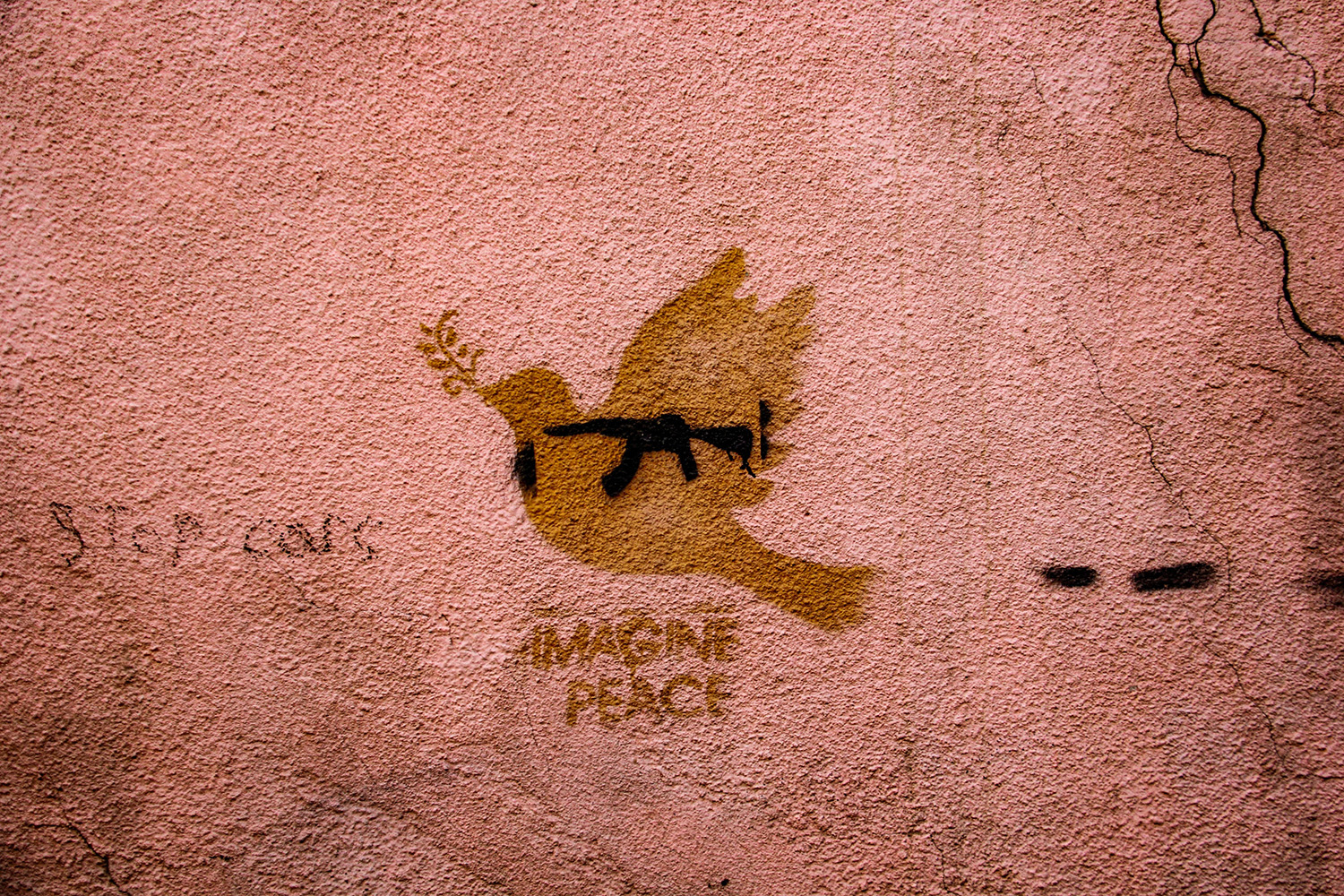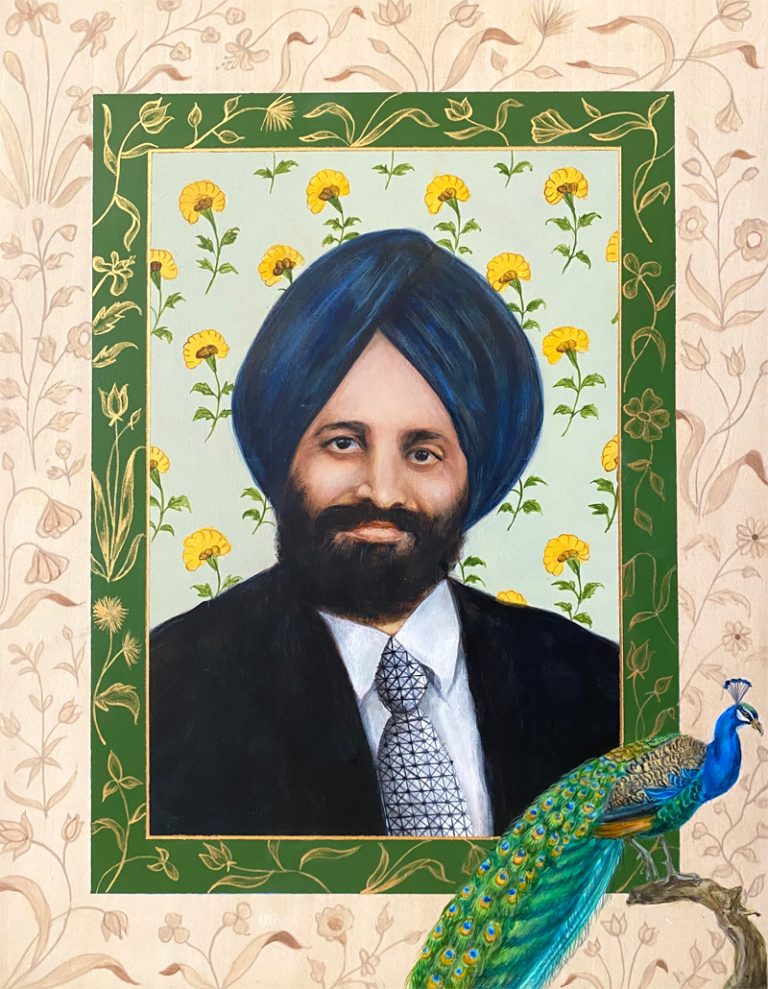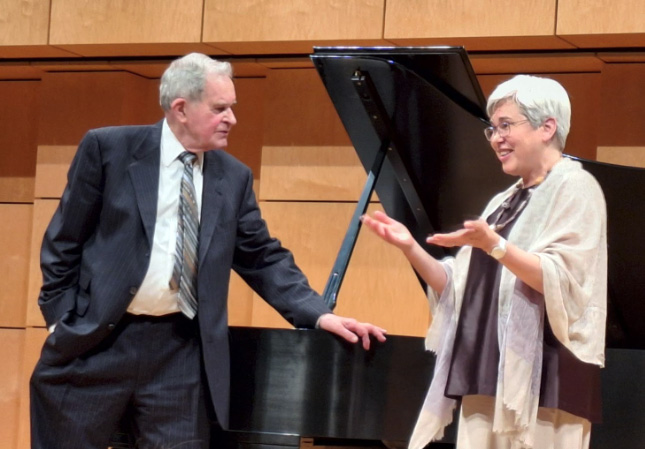President Rebecca Stoltzfus reappointed for a third term. Learn more
Last week Pope Leo XIV issued his first major writing to the global Catholic church, an Apostolic Exhortation – an urgent word of encouragement – on love for the poor, Dilexi Te. As a Mennonite, this theme caught my attention.




